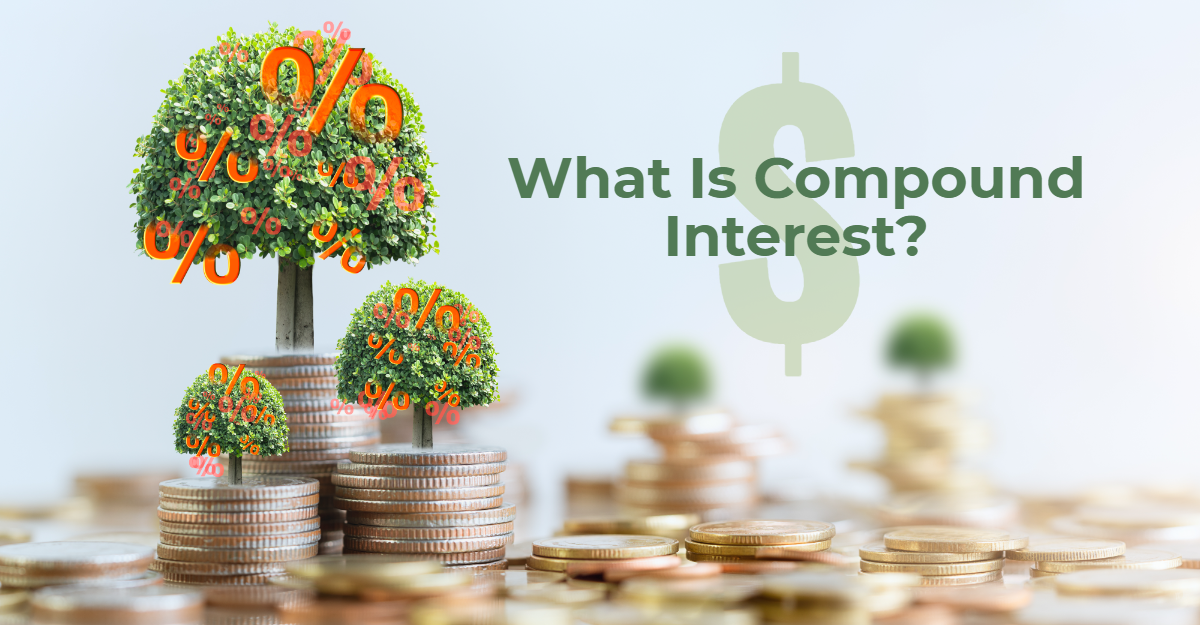What Is Compound Interest?

You work hard for your money. Why not make your money work for you? One of the easiest ways is to take advantage of compound interest. Knowing how it works will help you increase your savings and keep your debt low.
When you open an interest-bearing account (like savings, CDs, IRAs), your credit union pays you interest on the money you deposit, as well as on the interest it earns. Basically, you earn interest on the interest. Albert Einstein is claimed to have said that compound interest “is the 8th wonder of the world.” Ben Franklin described it this way: “Money makes money. And the money that money makes, makes money.”
Here's how it works. Say you use $1,000 to open a 60-month CD (certificate of deposit) that earns 1.0% APY (annual percentage yield). Each year, that amount increases by 1% by earning interest. At the end of year 1, your balance becomes $1,010, so in year 2, you begin earning interest on $1,010. Each year, you’ll earn interest on your initial deposit and all the interest it has accumulated by that point. At the end of the 60-month term, you will have earned $51.00 in interest by doing nothing but leaving that money in your account.
It’s important to note that the higher your initial deposit, the more interest it will earn. For instance, if you open your CD with $3,000, you’ll earn $153 in interest in that same 60-month period. If you’d like to see how much compound interest you can earn with a savings product at different amounts, use this calculator.
Compound interest can also work against you if you’re not careful with borrowed money. It is the reason why your credit card bill keeps increasing if it’s not paid off in full each month. For instance, say you pay $1,000 for a laptop using a credit card with a 17% interest rate. At the end of each month, you decide to only pay the minimum, $25. Even if you don’t use that card again, if you never pay the balance in full, the interest will keep increasing. It will take you 5 years to pay off the debt and will include $486 in interest charges. That $1,000 laptop will end up costing you $1,486!
Make compound interest work in your favor. Use it to increase your savings and help you keep loans and credit card debt low.